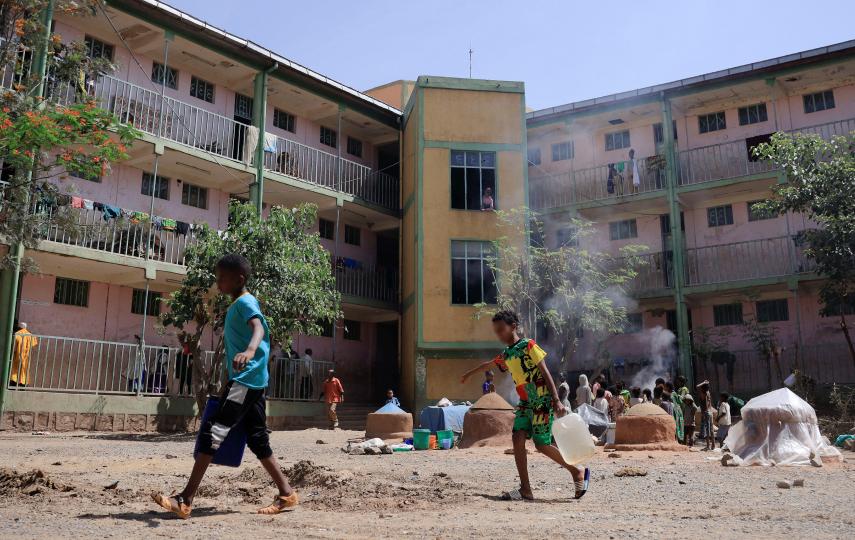"We received assurances from each of them that they would accept the results of the ballot boxes and we are satisfied," Abdulsalami Abubakar, chairman of the group, said in Kinshasa, the capital, on Saturday after meeting both candidates.
"Our message, is that as leaders each man accept and make their supporters also accept the results," Abubakar, Nigeria's one-time military leader, added.
Abubakar headed the delegation that arrived in Kinshasa on Friday a two-day mission. It included former presidents Pierre Buyoya of Burundi, Jerry Rawlings of Ghana and Sam Nujoma of Namibia.
Under the auspices of the United Nations Mission in the Democratic Republic of Congo, Kabila and Bemba signed an undertaking on 29 October - Election Day - to accept the poll results, ask their supports to remain calm and guarantee the safety of the losing candidate. Before the first round of elections, held on 30 July, both men had also pledged to accept the results so long as the elections were "transparent and democratic".
African leaders launched the latest diplomatic effort, mindful of the fighting between the Kabila and Bemba's guards in Kinsahsa just hours before the announcing of the first round of elections. At least 23 people died during the three-day unrest in August.
Locally, the High Media Authority, has been taking steps to ensure that media does not whip up public sentiment that could lead to a repeat of the fighting. On Saturday, the authority prohibited four of Bemba's close aides and one of Kabila's from publishing anticipated and unofficial results declaring their candidates as winner. The authority also extended the seven to 15-day ban on six television stations.
Kabila and Bemba overcame a field of another 31 presidential hopefuls to lead the first round polls. Kabila polled 44.8 percent and Bemba 20 percent. Either man needed to have polled 50-percent-plus-one vote to have avoided a runoff.
The polls mark the official end of a three-year transition to democracy. During this transitional period, that began in 2003, Kabila has been president and Bemba one of his four vice-presidents. Both men fought in different rebel groups in wars that eventually overthrew the late president, Mobutu Sese Seko.
[Countdown in the Congo]
ei/oss
This article was produced by IRIN News while it was part of the United Nations Office for the Coordination of Humanitarian Affairs. Please send queries on copyright or liability to the UN. For more information: https://shop.un.org/rights-permissions
![Abdulsalami Abubakar, chairman of a four-man group of ex-African leaders, said presidential contenders Joseph Kabila and Jean-Pierre Bemba had promised to accept the run-off poll result. [Nigeria] Abdulsalami Abubakar of Nigeria, leaders of a four-man group of former African heads of state who received assurances from DRC's two presidential candidates that they would accept the results of the October 29 run-off polls.](https://assets.thenewhumanitarian.org/s3fs-public/images/20061178.jpg)



